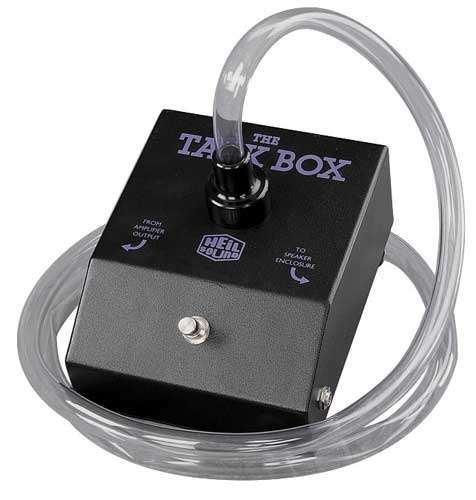Page 1 of 1
microphone as cv
Posted: Sat Jul 10, 2010 4:57 am
by Unfiltered
anyone know if its possible? I was thinking about how mics emit a voltage and wondered if it would be possible to control a synth with the voice.
Re: microphone as cv
Posted: Sat Jul 10, 2010 6:45 am
by till
You need to amplify the mic to some useful level first. A mic gives you only a very few mV. You will not hear modulation if used directly on a CV input.
And some mics have to use phantom power to work. This will not work directly on the synth at all.
And how useful is such a modulation if you do not use an envelope follower or a pitch tracker?
The audio modulation of an oscillator might give you nice MF-107 FreqBox like FX if done right.
Modulating a filter might be fun, even if the filter is not self-oscillating. But other modulations?
Any way, give it a try.
Re: microphone as cv
Posted: Sat Jul 10, 2010 7:29 am
by ClockworkRobot
You'd be better off with a vocoder. OH here's a project idea. sing into a guitar tuner and hack the output to deliver a steady control voltage that mirrors the tuner readout. I may try that as an arduino project

Re: microphone as cv
Posted: Sat Jul 10, 2010 11:21 am
by EricK
An Envelope follower is the module used to interface non voltage emitting instruments to a CV destination (midi not included)
It will create a variable voltage that corresponds to the strentgh of the audio input signal. So the audio generated by any instrument must be electrified and sent to an envelope follower. An envelope follower is similar to an envelope generator in the respect that as your input signal will have some Attack Decay Sustain and Release that is measurable, the Env follower will "follow" the natural ADSR of your input signal rather than generating one. From this point, that voltage can be sent to any destination from cutoff frequencies, to pitch (as in the 101 and 107 respectively) to any voltage destination. Some envelope follower modules lke the synthesizer.com module has a point where a gate signal can be generated if the audio input reaches a certain level. At that point it can be used to trigger events such as the start of stop of a sequencer, or to trigger envelope generators connected to other devices. Its a great module, especially for stringed instruments or any instrument that gives you dynamic control over the volume (such as a theremin).
Heres a vid you might find interesting:
http://www.youtube.com/watch?v=csZ2n66Vdas
Hope this helps you out.....
Eric
Re: microphone as cv
Posted: Sat Jul 10, 2010 5:40 pm
by Agostino
i think you should buy a talkbox
 http://www.jimdunlop.com/index.php?page ... pip&id=287
http://www.jimdunlop.com/index.php?page ... pip&id=287
it costs between $ 150 and $ 200, but it sounds fantastic...
have you ever heard Pink Floyd's "animals"?

Re: microphone as cv
Posted: Sat Jul 10, 2010 5:48 pm
by ClockworkRobot
oh talkboxes.. Here's the one I made for about $20.
http://www.youtube.com/watch?v=sUk8HZRRDmc
Need to redo that vid with a better sound source.
Re: microphone as cv
Posted: Sun Jul 11, 2010 1:13 am
by dr_floyd
As others have mentioned, a microphone can be used through pitch to voltage converters, timbre to voltage converters, and envelope followers (loudness to voltage converters) to create at least three control voltage sources.
If you search the archives you can find further information. Here are the ones I've used or know about:
- Roland SPV355 is a fantastic pitch and envelope to voltage converter, as well as a dual oscillator monophonic synthesizer. - Korg MS20 synthesizer contains a linear pitch and envelope to voltage converter (Korg and Yamaha used linear pitch voltages on their old analog synthesizers where Moog, Oberheim, Arp and others used exponential pitch voltages).
- Korg also made the MS-03 pitch to voltage converter for both linear and exponential conversion.
- Gentle Electric made the Model 101 converter, also used as the Serge converter (I'm pretty sure).
- British company EMS made one.
- Australian Fairlight made the Pitchtracker with pitch, envelope and timbre CV converter which also contained a horrible sounding digital synthesizer (in my opinion).
- Moog apparently made one for their modular system, but I've never seen it. Saxophonist Eddie Harris may have used it to trigger Minimoogs from his Selmer Varitone tenor saxophone.
Most of these things show up on Ebay from time to time. There are also schematics available for making your own pitch to voltage and frequency to voltage converters.
